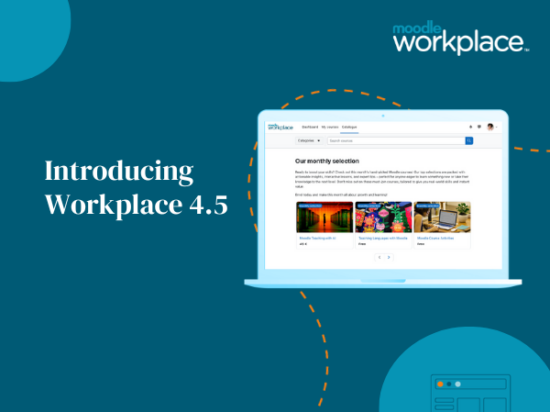Beware the promise. I was at brunch with a couple who were mad keen about fishing. The man started telling a story about how he wanted to turn his passion into an online business and gave the example of a mate who was apparently racking up $60,000 a month in selling men’s undies online. He wanted to do the same with fishing rods and reels.
And he was after a specific niche in the market—left-handed fishing rods for the small percentage of fishermen who had trouble finding them. The only trouble was, he didn’t know how to design and roll out a website. So he went online and found a company that helped people like him develop an online business through structured online training.
He anted up his fee and the first couple of weeks went along swimmingly. According to his story, his online tutors soon disappeared and seemed disinterested– and then he started get calls asking him for more money to go the next level of skills. These are upselling techniques we’re all familiar with on any site—known in some business circles as the drip feed approach. Start with the low-cost or free service, then charge more for greater access to learning materials or a premium service.
Was this an example of overselling and under-delivering a service? Was it borderline fraud or high pressure sales tactics? Or just his side of the story? He admittedly dropped the ball on some of the lessons.
Lots of questions but no matter what the true answers are, there’s a valuable lesson to be learned for organisations or individuals who have a vision about turning their expertise or intellectual property into online courses that have the added benefit of making some money.
Many learning management systems, like Moodle and Totara, have ecommerce plug-ins, meaning that you can link your content to an online payment system. It’s a case of: No pay, no play. Paypal is one of the more widely used and trusted online payment systems.
There is nothing wrong with trying to leverage your knowledge into a money-making business through your learning management system. At My Learning Space, we are often queried about that possibility by diverse organisations that offer such knowledge skills as international security, beauty products or managing web-based advertising.
The conversation usually starts something like this: “Hi, I have this consulting service that I was hoping to use to make some extra money. I have these reports I want people to subscribe to on top of our courses. Can you tell me what I can do?”
The short answer is: Yes, you can turn your courseware into more than just an internal training system. It takes some planning and consultancy with experts. However, it can be a relatively straightforward pathway to getting paid for your hard earned knowledge.
And remember, there are probably other organisations out there who may like to jump on your bandwagon once you get it up and running—and suddenly you have the makings of a business anchored by your LMS.







